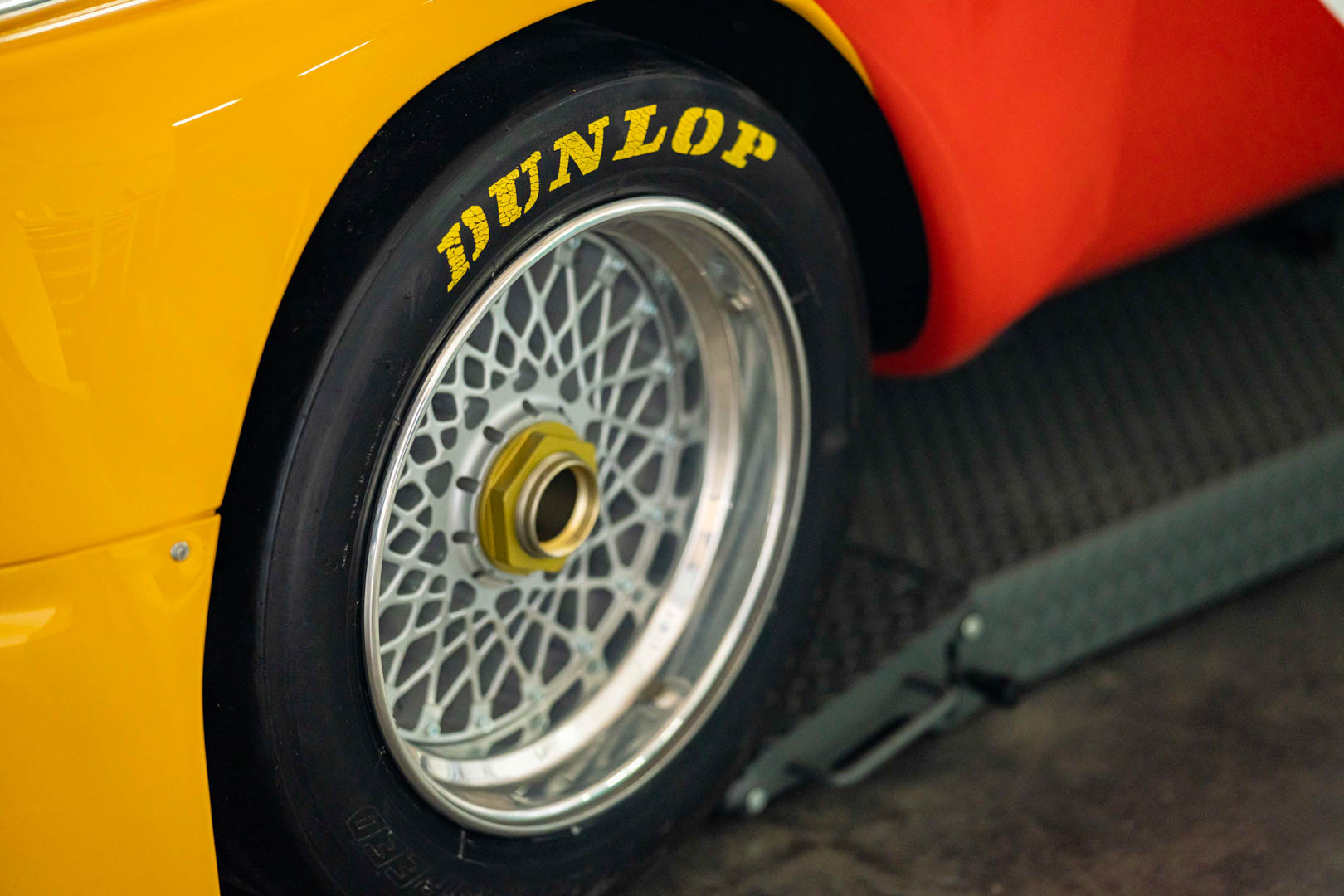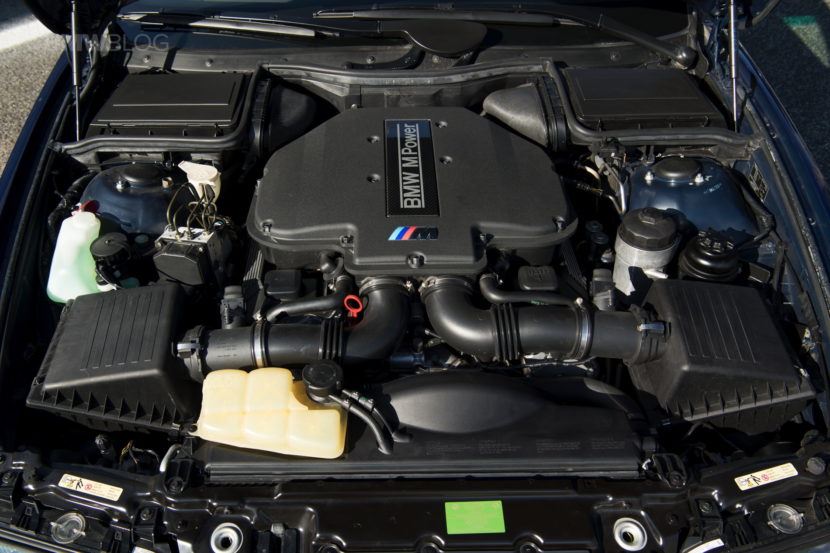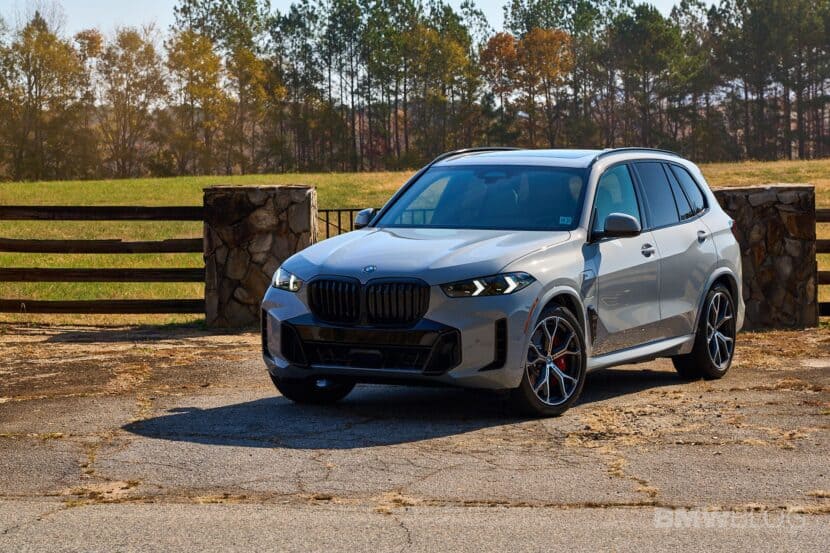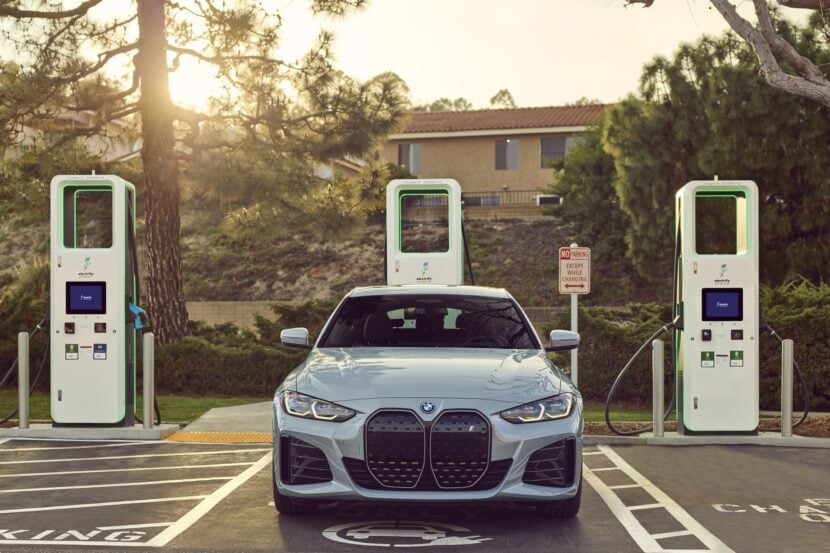Today, hang out at any car show for long enough, and you’re bound to see a few modified BMWs wearing the latest and greatest BBS wheels. From forged FI-R sets to the cast XR design, BBS wheels make a stylish addition to the M8, 320i, and everything in between. Some BMW models even come from the factory with BBS wheels. But have you ever wondered why, aside from a general lack of imagination, every BMW enthusiast seems to love BBS wheels? With remarkable reputations for quality and style, it’s no surprise that these two brands would find each other.
Early Years of BBS and BMW
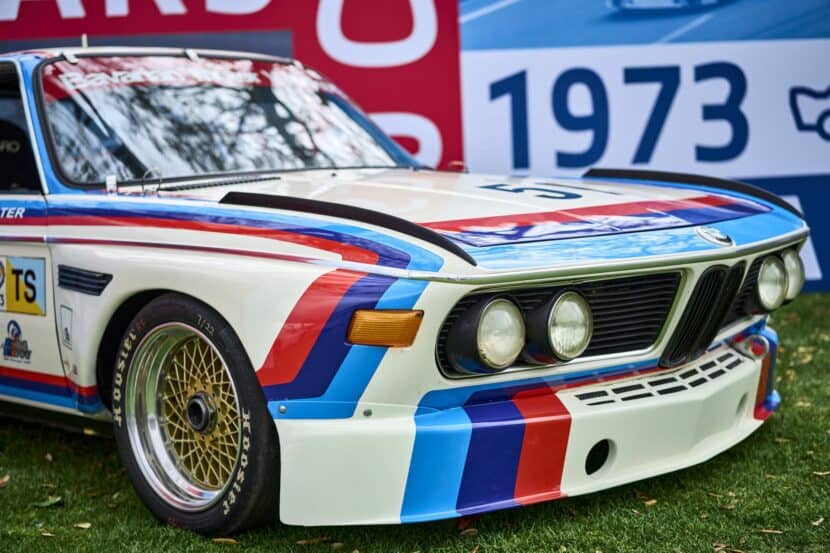
Founded by amateur race car drivers Klaus Brand and Heinrich Baumgartner in 1970 in the Black Forest town of Schiltach, Germany. Obsessed with making their cars faster, they began by creating fiberglass body panels to reduce weight. They quickly shifted focus to using metals like aluminum to make lightweight wheels. By 1972, they had their first shot at appearing in a series race. BMW ordered sets of the original one-piece BBS wheel for competition racing.
While that was beneficial to the fledgling wheel company, it wasn’t what propelled them to relative stardom. Sometime in 1972, a driver named Martin Braungardt came to visit BBS. He was racing his Ford Capri in Group 2 and Group 5 driving events and needed strong, lightweight, and cost-efficient wheels. BBS struggled to develop a wheel that fit the bill but finally found a construction that would work. Partnered with fellow German company Mahle to aid with production, the BBS Mahle wheel came into existence.
In 1973, Martin Braungardt went to the BMW racing team, taking his extensively developed BBS wheels with him. As a result, they ended up on the legendary 3.0 CSL in 1973. With BMW having added BBS Mahle wheels as an option on their streetcars, they quickly became one of the most ubiquitous wheel styles in history.
The Modern Era
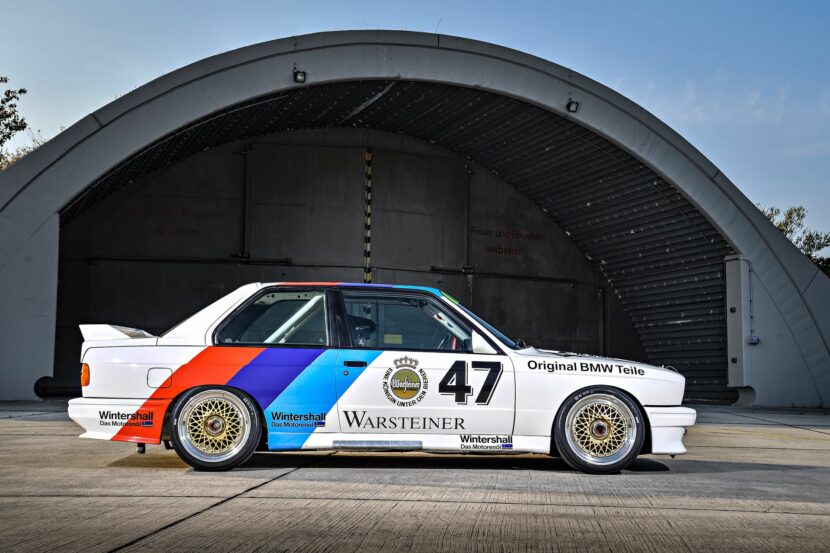
It was off to the races for BBS after the mid-1970s. By 1978 they had their own production plant, and in the 1980s, the company went public. After witnessing their success with BMW and other projects, OEMs like Ferrari, Mazda, and Toyota reached out for BBS wheels of their own. By 1994, all major racing champions were using BBS wheels. BBS and BMW never broke their bond, with BBS providing wheels for most of BMW’s racing endeavors through the past 40 years. Almost every road-going model of BMW between 1980 and 2000 (and many later) featured optional BBS wheels. The first-ever BMW M3 received BBS wheels, as did the E28 M5 and many of their successors.
Knowledgeable BBS fanboys will not hesitate to let you know that BMW has much to do with the successes of BBS wheels. And it’s undeniable that the two brands are forever linked. But in fact, almost every automotive brand is inextricably tied to BBS through factory-backed racing efforts. But it could be said that without BMW, the BBS legacy might not be what it is today. So, give those slammed F82 M4s on replica BBS wheels at your next car meet a break – they’re just trying to get a taste of what five decades of greatness is like.


